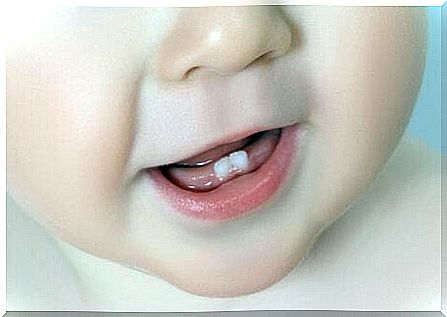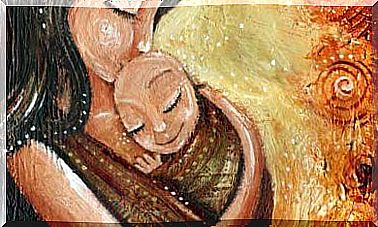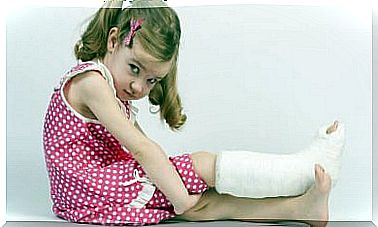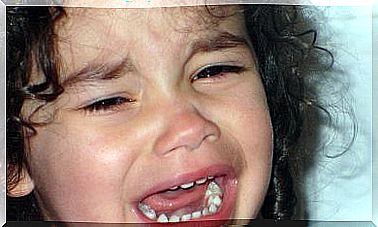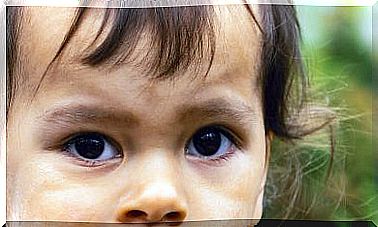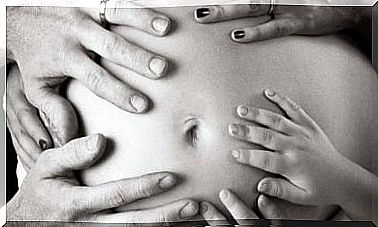How To Take Care Of Baby Teeth In Little Ones?
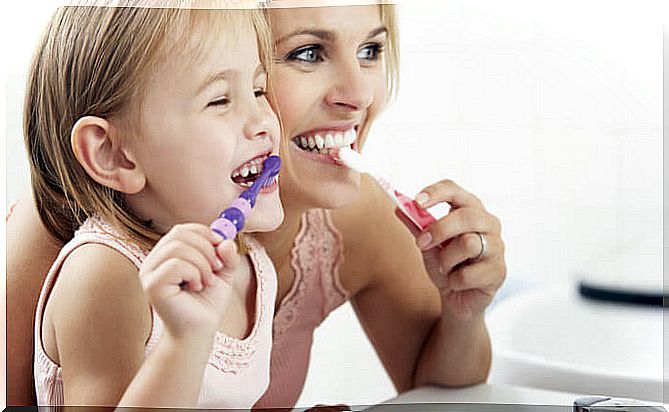
Childhood is a stage marked by a series of important milestones in a child’s development. The milk teeth in the little ones are a great example, since they symbolize a certain autonomy in their own growth.
Although they begin to emerge from the first three years of age, these teeth will not be with them for long. When they are five or six years old, the inevitable process of the fall of the first pieces will begin. The tooth fairy and the tooth fairy will start to do their thing!
Your child will be part of an experience that we have all gone through and that sometimes lasts up to ten or eleven years. It is a stage that can be annoying and irritating, but it is also necessary. Prevention here plays an essential role that we have to illustrate with facts.
So, are there guidelines for taking care of baby teeth in little ones? Is there something important we should know about it?
How to take care of baby teeth in little ones?
1.- Brush your teeth after every meal
At first you will help him, but little by little he will have to get used to doing it on his own. It is really important that you are a good example for him and that he sees that you also take care of your own oral health.
You have to brush your teeth after every meal, with special emphasis on the gum area. Although it takes a little longer, it is recommended that you brush them as a massage so that they are strengthened and so that the cleaning is more specific.
2.- Go to the annual appointment with the dentist
Once a year you should go to the dentist visit. Baby teeth in little ones don’t have to cause problems, but prevention is better. In this way, the dentist can talk to him, advise him and recommend good habits.
It is possible that, given his rank of specialist, he will pay more attention to him than to you. In addition, it will help you lose your fear of these kinds of appointments.
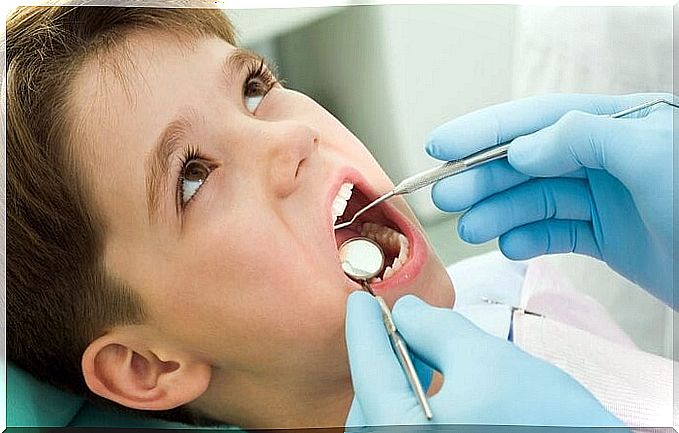
3.- Eat a healthy diet
A good diet is essential to take care of your teeth. Many times, when the necessary nutrients are not consumed, certain parts of our body undergo changes. If your child eats in a correct and balanced way, you will have nothing to fear.
Teach him to eat everything, even what he doesn’t like. When she’s older, she can choose how she wants to take care of her diet, but in the meantime, you’re the boss!
4.- Do not abuse sugary foods or drinks
Your child is still a child; therefore, you are sure to love treats. Make sure that its intake is the minimum, if possible on special occasions or at most once a week and under your supervision.
The same goes for sodas: get him used to drinking water or unsweetened juices. It is still a powerful addictive and can cause inconveniences for which you will later cry. It is much better that, for a snack or mid-morning, you eat a piece of the fruit that you like the most.
5.- Talk to the child
Dialogue with the little one is a primordial act that we often forget. If we explain well why you should take care of your teeth, it is possible that he will come to his senses and the idea of not abusing certain foods that can cause cavities will arise.
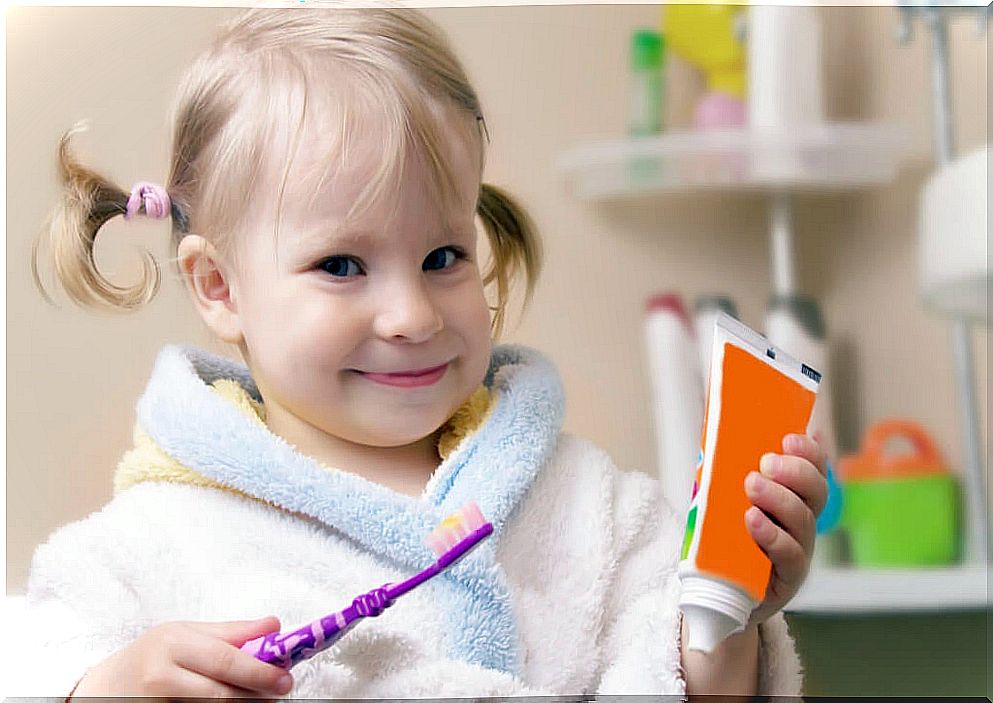
Sometimes we underestimate our children’s ability to understand. Most of the time they are much more aware of things than we think. Give him a vote of confidence and dare to address him as if he were a person older than he is.
These habits don’t have to be difficult for you. There are many healthy and delicious alternatives to sweets, you just have to discover them. Homemade fruit smoothies are also an ideal option and that children tend to love very much.
Remember that good oral health will help you avoid future problems, and the earlier you start, the easier it will be for you to get used to it. With your support and perseverance, you will achieve great things.
